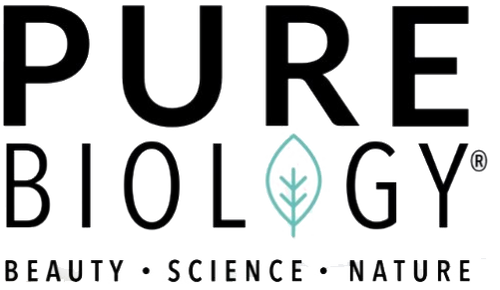When it comes to anti-aging lotions, potions, and serums, there’s nothing hotter right now for turning back the clock than retinol. Even though retinol is on the lips of every beauty guru and celebrity dermatologist, it’s still widely misunderstood and often misused. If you’re looking for a non-invasive way to improve the appearance of your skin, retinol is the way to go. Retinoids are highly recommended by dermatologists, and countless studies prove retinol improves cellular function in older, photodamaged skin. If you’re currently concerned about skin texture, wrinkles, sun damage, and brown spots, a quality retinol product might be just what you need.
What is retinol?

Retinol is part of the family of retinoids, which is a class of chemical compounds that includes retinoic acid and retinyl palmitate. It is derived from vitamin A, which is a key player in boosting cell desquamation (cell turnover) and it’s often added to topical beauty products to reduce acne, stimulate collagen, reduce redness and brighten skin tone, and promote cell renewal (which starts to slow down in your late 20s). Retinol also has antioxidant properties that help fight free radicals, which can reverse some of the visible side effects of previous sun damage and reduce the signs of aging. Curious about how to get the most out of retinol? Here are our top tips for tapping into the fountain of youth and getting the best results from your retinol products.
Timing is everything
Prevention is critical in the battle against signs of aging. Dermatologists agree the earlier you start taking care of your skin (protecting it from sun damage and other elements), the better off you’ll be. Early signs of aging and sun damage usually start showing up in your early 20s as your skin begins to lose elasticity. A combination of pollution, aging and sun exposure can wreak havoc, leaving you with skin in desperate need of repair. If you neglect your skin for too long, the damage can be difficult and painful to reverse, but you also don’t want to start retinol treatments too early. The best time to add it to your skin care routine is your late 20s or early 30s. Retinol is a powerful compound and potent active ingredient, so it’s best to proceed with caution at any age. If your skin is too young or prone to acne, using retinol can lead to skin irritation.
Use it sparingly
Yes, you can get prescription retinol products, but you probably don’t need to. It’s best to start out with something less abrasive and save the heavy-duty stuff for later in life. One of the most common side effects of retinol is irritation and dryness so you should always make sure you start with a small amount and use it sparingly, staggering your treatments if your skin starts getting red and flaky.
Be prepared
A good retinol product can work wonders, but it isn’t cheap, so you’ll want to make sure you’re applying it correctly for the best results. You should gently cleanse your face and wait 15 minutes before applying your product sparingly. Exfoliate on alternate nights, as applying retinol to a freshly exfoliated face can cause irritation.
Apply it before bed
Retinol increases UV sensitivity, which makes it a lot easier for you to get a sunburn. That’s why it’s essential you apply your retinol at night and slather on a high SPF sunscreen during the day. UV exposure is the most common cause of premature aging, so you should always apply a sunscreen with a minimum SPF of 30, regardless of whether or not you’re using retinol products!
Practice your patience

Your skin won’t magically transform overnight, but if you stick with it and make retinol a part of your regular skincare routine, you’ll start noticing significant results in 6 to 8 weeks. Depending on your skin, it could take as long as 12 weeks to see a difference, but keep your eye on the prize and you’ll start to notice a decrease in fine lines and wrinkles, improved skin tone and texture, and a more even complexion.
One final piece of advice: Not all retinol products are created equally and quality matters (just ask a dermatologist). Pure Biology has several high-quality retinol skin care products to choose from, all made from hand-selected, premium ingredients, but if you do decide to go with another brand be sure to do your research and read the labels!

